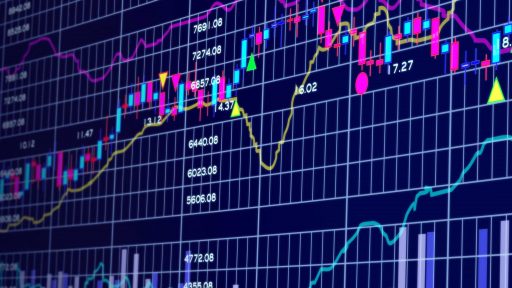- Home
- >
- Fundamental Analysis
- >
- Volatility and the allegory of the Prisoner’s Dilemma

Volatility and the allegory of the Prisoner's Dilemma

"Peace is not the lack of conflict".
Never forget that there is a form of peace and stability reinforced by the foundation of the basic volatility. Experts in the theory call this paradox of the Prisoner's Dilemma and describe a dangerous-fragile balance achieved only through brutal competition. The prisoner's dilemma is the most important paradigm for understanding the shadow risk of modern financial markets at the height of the multi-year debt cycle unparalleled in the history of finance.
Global capitalism is trapped in its prisoner's own dilemma: forty-four years after the end of the Bretton Woods system, global central banks have manipulated the price of risk in a devaluation competition leading to dangerous accumulation of debt and leverage, lower risk premiums, income mismatch and greater likelihood of dangerous events on both sides of the distribution of profits.
The truth is suppressed by the money. Market behavior is now fully adapted to expectations of preventive action by the central bank in a crisis situation, creating dangerous self-reflection and moral hazard.
We are approaching the end of the thirty-year "super-cycle money" that created the "super-cycle of debt," a giant Babylonian tower in the capitalist system. As markets now fully reflect the expectations of central bank control, we are closer than ever to a real catastrophe. Do not be fooled - peace can also exist in the midst of volatility.
The next major catastrophe will happen when we collectively realize that the institutions that we believe will eliminate the risk are actually the source of it. The truth is that global central banks can not eliminate extra cash without risking a complete collapse of the system, but the longer they wait, the more they risk their own confidence, and the worse the collapse. In the Prisoner's Dilemma, global central banks have created the largest commercial volatility in history.
 Trader Aleksandar Kumanov
Trader Aleksandar Kumanov Read more:
If you think, we can improve that section,
please comment. Your oppinion is imortant for us.











